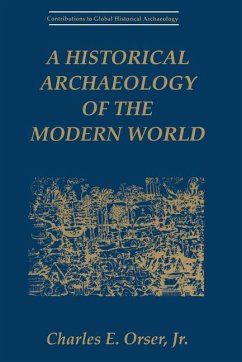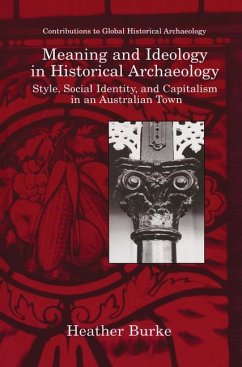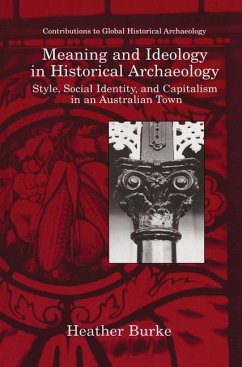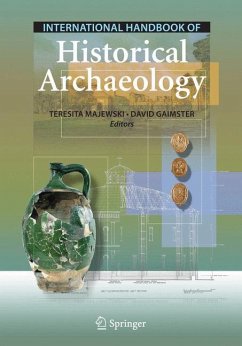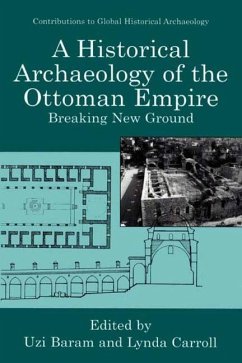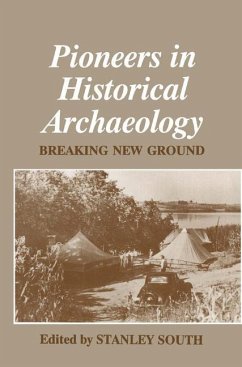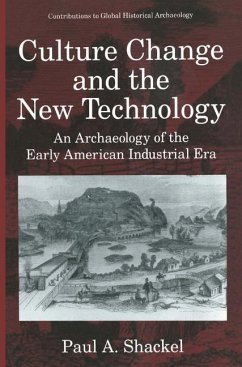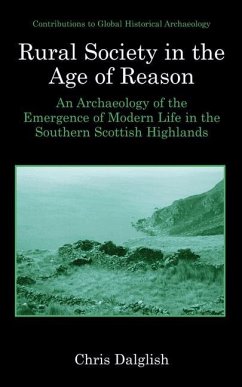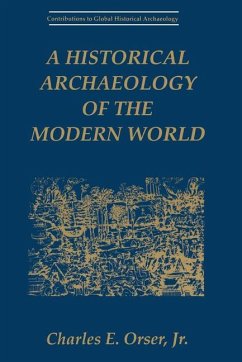
A Historical Archaeology of the Modern World
Versandkostenfrei!
Versandfertig in 1-2 Wochen
38,99 €
inkl. MwSt.
Weitere Ausgaben:

PAYBACK Punkte
19 °P sammeln!
This unique book offers a theoretical framework for historical archaeology that explicitly relies on network theory. Charles E. Orser, Jr., demonstrates the need to examine the impact of colonialism, Eurocentrism, capitalism, and modernity on all archaeological sites inhabited after 1492 and shows how these large-scale forces create a link among all the sites. Orser investigates the connections between a seventeenth-century runaway slave kingdom in Palmares, Brazil and an early nineteenth-century peasant village in central Ireland. Studying artifacts, landscapes, and social inequalities in the...
This unique book offers a theoretical framework for historical archaeology that explicitly relies on network theory. Charles E. Orser, Jr., demonstrates the need to examine the impact of colonialism, Eurocentrism, capitalism, and modernity on all archaeological sites inhabited after 1492 and shows how these large-scale forces create a link among all the sites. Orser investigates the connections between a seventeenth-century runaway slave kingdom in Palmares, Brazil and an early nineteenth-century peasant village in central Ireland. Studying artifacts, landscapes, and social inequalities in these two vastly different cultures, the author explores how the archaeology of fugitive Brazilian slaves and poor Irish farmers illustrates his theoretical concepts. His research underscores how network theory is largely unknown in historical archaeology and how few historical archaeologists apply a global perspective in their studies. A Historical Archaeology of the Modern World features data and illustrations from two previously unknown sites and includes such intriguing findings as the provenance of ancient Brazilian smoking pipes that will be new to historical archaeologists.





